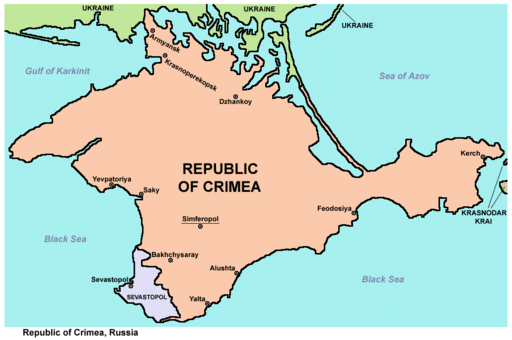Customary international law provides immunity to states from the jurisdiction of foreign national courts. The immunity extends to state agencies and to state-owned property, protecting them from adjudicatory jurisdiction and from enforcement measures. Foreign sovereign immunity has important exceptions, including for waiver, for some conduct or property related to commercial activity, and for some torts committed on the territory of the forum state. In the United States, all aspects of foreign sovereign immunity for cases in state or federal court are governed by a federal statute, the Foreign Sovereign Immunities Act.
A Primer on Foreign Sovereign Immunity
The immunity of states from the jurisdiction of foreign domestic courts is a long-standing and mostly uncontroversial principle of customary international law. The International Court of Justice has described foreign sovereign immunity as a procedural doctrine of international law, one that “derives from the principle of sovereign equality of the States.” As a practical matter,…
Continue ReadingEnforcement of Arbitral Awards against Russia for Expropriation of Property in Crimea
The D.C. Circuit recently cleared the way for the enforcement of foreign arbitral awards against Russia for the expropriation of electricity and gas infrastructure in Crimea. Russia argued in the case, Stabil v. Russian Federation, that there was no jurisdiction because the arbitration exception to the Foreign Sovereign Immunities Act (FSIA) did not apply and…
Continue ReadingPreview of Supreme Court Arguments in Helms-Burton Act Cases: Havana Docks and Cimex
On February 23, 2026, the Supreme Court will hear oral arguments in Havana Docks Corp. v. Royal Caribbean Cruises and Exxon Mobil Corp v. Corporación Cimex. Prior coverage is here, here, and here. The Helms-Burton Act cases slated for argument on February 23 present the following two questions: Question 1: The issue before the Court…
Continue ReadingThe Many Uses of the Choice-of-Law Clause
In prior posts, I have written about the things that a forum selection clause can and cannot do. In this post, I do the same for choice-of-law clauses. Among other things, a choice-of-law clause may be invoked to: Select a law to govern the contract and claims related to the contract; Provide support for the…
Continue Reading

